 The CHARM ECSEL JU project aims to develop industrial IoT (Internet of Things) solutions with an improved tolerance towards harsh industrial surroundings. Digitalization of the European manufacturing industries is the key to their continuous renewal and competitiveness. Harsh environmental conditions in manufacturing processes and end user environment may slow down the opportunities brought by IoT and AI (Artificial Intelligence). The CHARM (Challenging environments tolerant Smart systems for IoT and AI) project is set to solve this challenge.
The CHARM ECSEL JU project aims to develop industrial IoT (Internet of Things) solutions with an improved tolerance towards harsh industrial surroundings. Digitalization of the European manufacturing industries is the key to their continuous renewal and competitiveness. Harsh environmental conditions in manufacturing processes and end user environment may slow down the opportunities brought by IoT and AI (Artificial Intelligence). The CHARM (Challenging environments tolerant Smart systems for IoT and AI) project is set to solve this challenge.
https://charm-ecsel.eu/
This project has received funding from the ECSEL Joint Undertaking (JU) under grant agreement No 876362. The JU receives support from the European Union’s Horizon 2020 Research and Innovation program and Finland, Austria, Belgium, Czechia, Germany, Italy, Latvia, Netherlands, Poland, Switzerland
Qplox contributes together with Sandvik, Tampere University (TAU), IMEC-NL, Materials Center Leoben Forschungs GmbH (MCL) amongst other partners, to the development of hardware and software for CHARM to integrate novel gas sensor analyzers into connected air-quality gas sensor units operating in the harsh conditions of tunnel mining operations. We contribute defining the architecture and a sensor data collection platform communicating with the operations management software. Our implementation comprises hardware and software prototypes supporting all the stack from back-end sensor devices to front-end interfaces with the mining operations management system. FiWare standards and components are used in the monitoring stack to facilitate and speed-up development. Sensing units will be either mobile, attached to autonomous driving vehicles, or fixed, attached to tunnel mining walls.


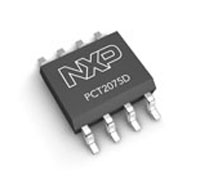

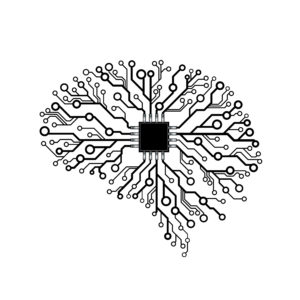
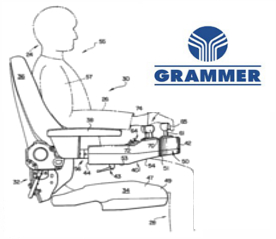
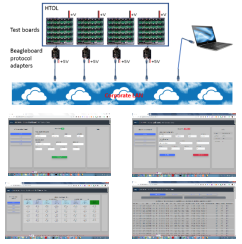
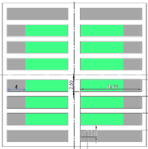
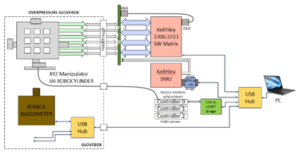
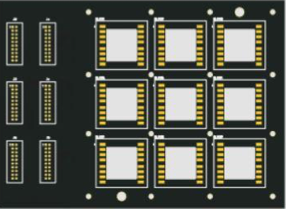
 The CHARM ECSEL JU project aims to develop industrial IoT (Internet of Things) solutions with an improved tolerance towards harsh industrial surroundings. Digitalization of the European manufacturing industries is the key to their continuous renewal and competitiveness. Harsh environmental conditions in manufacturing processes and end user environment may slow down the opportunities brought by IoT and AI (Artificial Intelligence). The CHARM (Challenging environments tolerant Smart systems for IoT and AI) project is set to solve this challenge.
The CHARM ECSEL JU project aims to develop industrial IoT (Internet of Things) solutions with an improved tolerance towards harsh industrial surroundings. Digitalization of the European manufacturing industries is the key to their continuous renewal and competitiveness. Harsh environmental conditions in manufacturing processes and end user environment may slow down the opportunities brought by IoT and AI (Artificial Intelligence). The CHARM (Challenging environments tolerant Smart systems for IoT and AI) project is set to solve this challenge.
